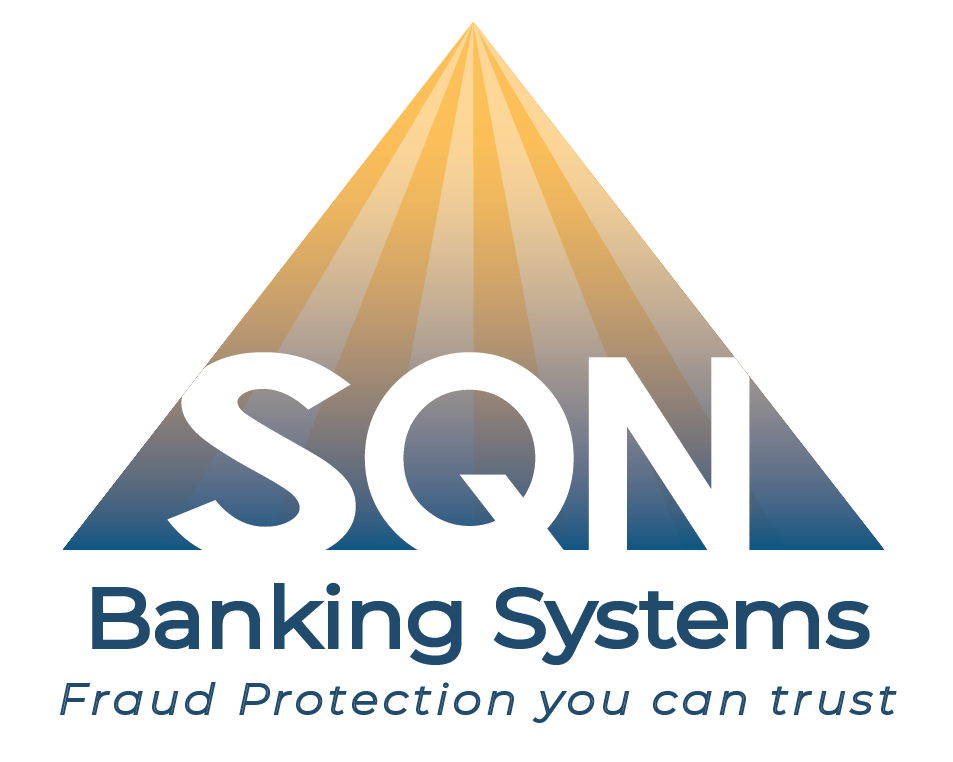In order to adequately defend against increasingly sophisticated adversaries, companies must gain early visibility of their adversaries’ malicious activities, plans, and tools so SQN Banking Systems partnered with Q6 Cyber help our customers protect theirs.
Our Approach
Traditional cybersecurity solutions are defensive in nature. More often than not, playing defense against cyber attacks is too little and too late. At Q6 Intelligence, we believe in proactive, intelligence-enabled cybersecurity that detects and responds to advanced threats with greater speed, accuracy, and effectiveness. Military, law enforcement, and physical security forces require intelligence to make optimal offensive and defensive decisions, and combating cyber crime is no different.
Our Objectives
- Early Detection – Identify cyber and other threats targeting our clients before an attack is executed. We help our clients answer the following questions: Are we a target? What attacks are being planned? Who is behind these attacks? What can we do proactively to eliminate the threats?
- Rapid Breach Response – Accelerate discovery of an information security breach and act quickly to minimize damage and recover compromised data. We help our clients answer the following questions: Has there been a data breach? What sensitive information is now compromised? What is the source and scope of the breach? Who is behind the attack? What can we do to minimize damage?
Our Methodology
We continuously monitor multiple public and restricted data sources to collect relevant threat information. We then analyze and correlate the data to produce targeted and actionable intelligence, for example:
- Compromised credit and debit cards.
- Stolen customer and employee credentials / records.
- Stolen corporate data and intellectual property.
- Specific network or web vulnerabilities exploited.
- Customized malware for targeted attack.
- Rogue applications for social engineering attacks.
Our Sources
Our sources of intelligence include the following categories, much of which is not publicly accessible:
- The Darknet – Anonymizing, restricted computer networks, e.g., Tor, Freenet and I2P.
- Deep Web – Portion of World Wide Web content not indexed by search engines, e.g., password-protected sites.
- Hacker Forums – “Underground” chat rooms used to exchange ideas, know-how, stolen information, etc.
- Social Media – Mainstream and country-specific
- Sites – e.g., Weibo (China), and VK (Russia).
- Paste Sites – Text-sharing sites such as Pastebin and Pastie.
